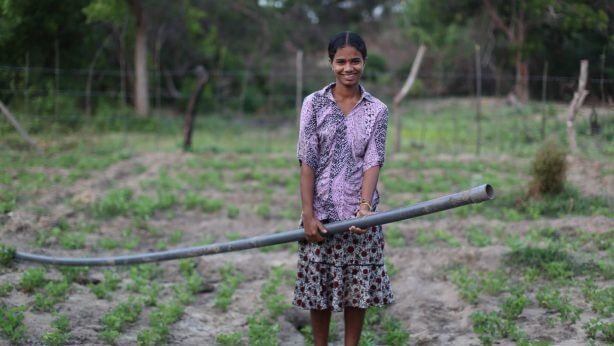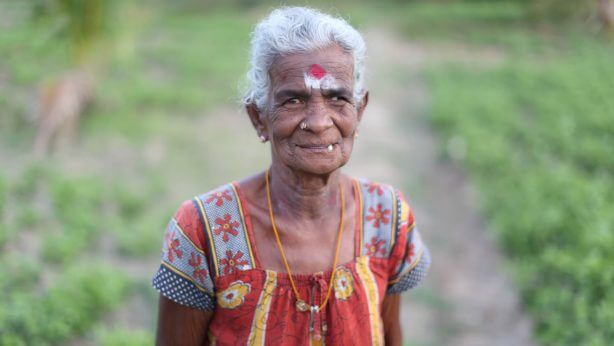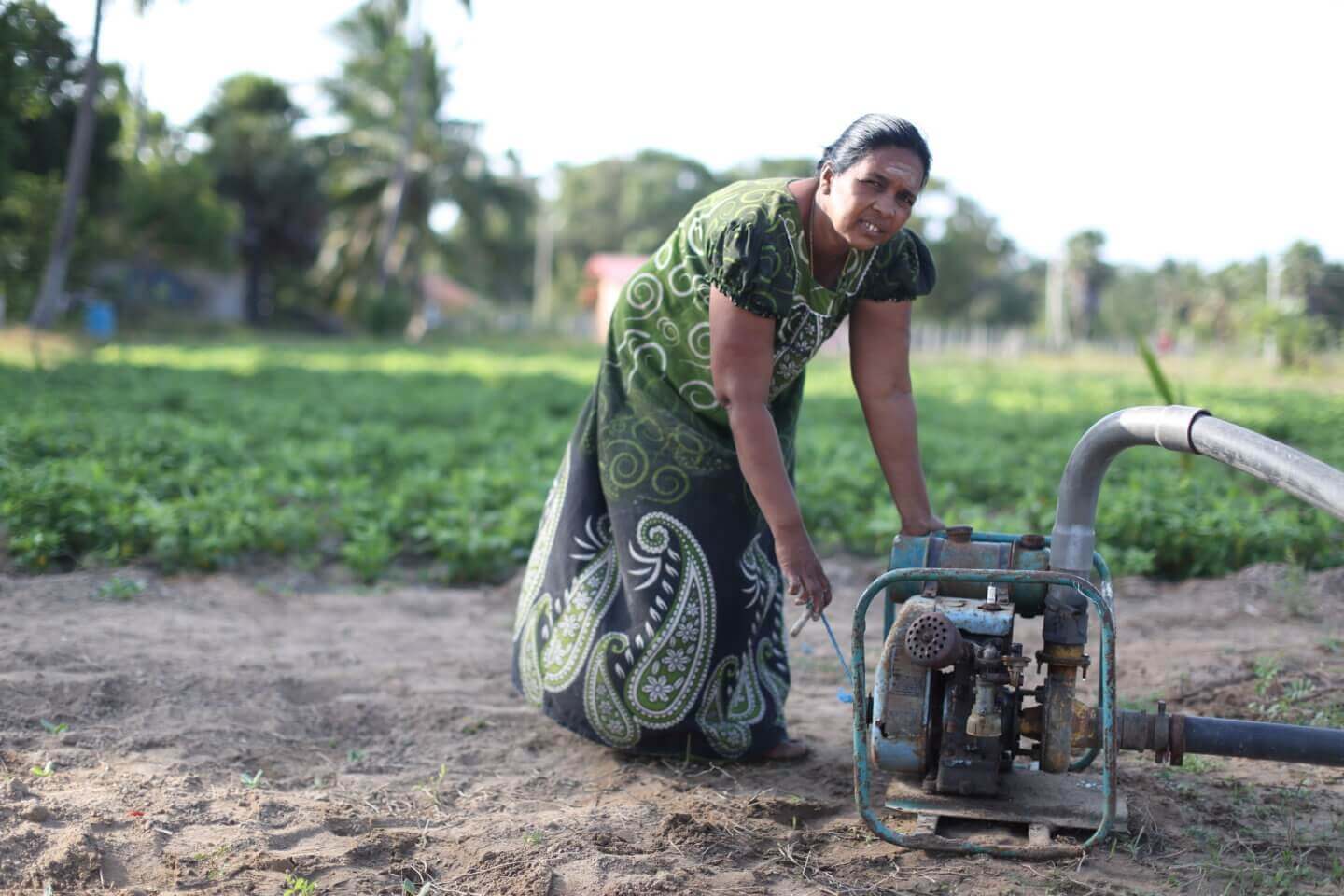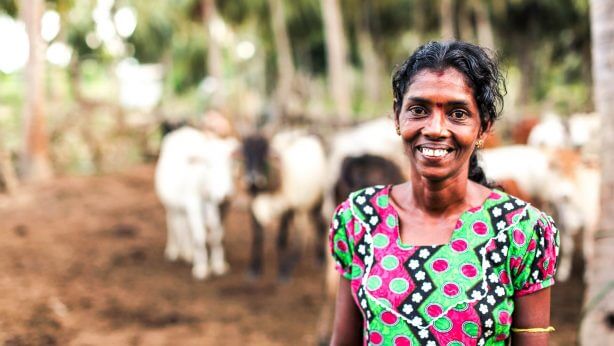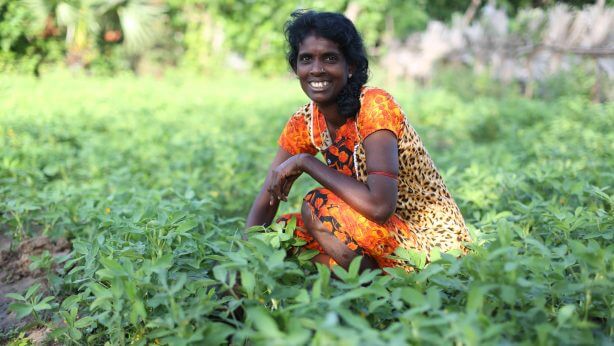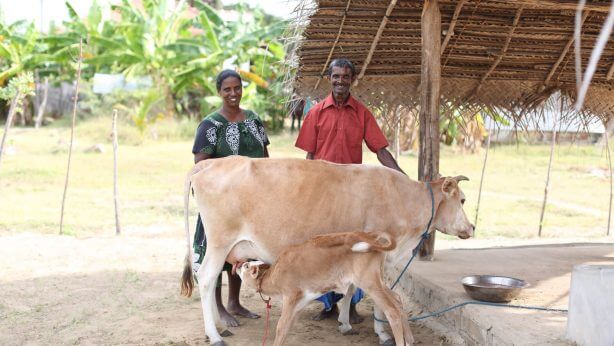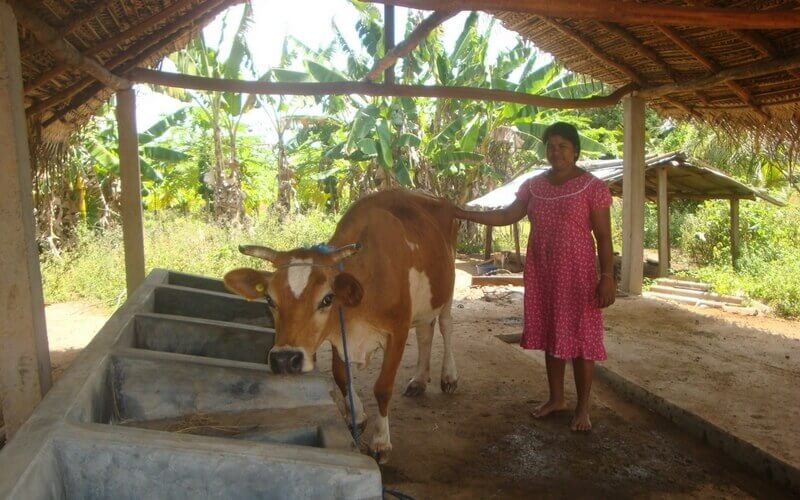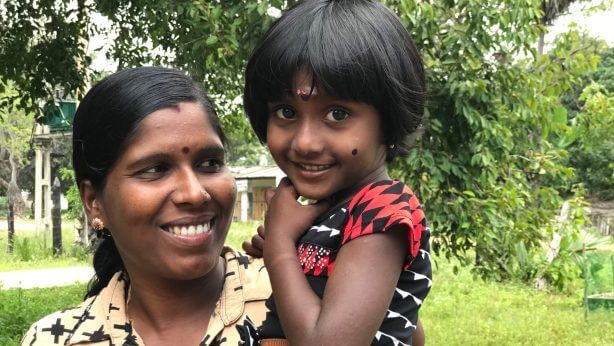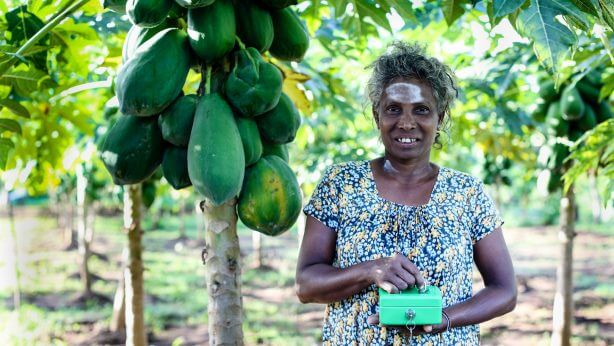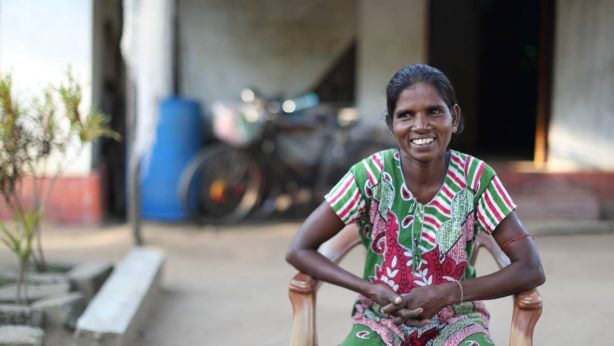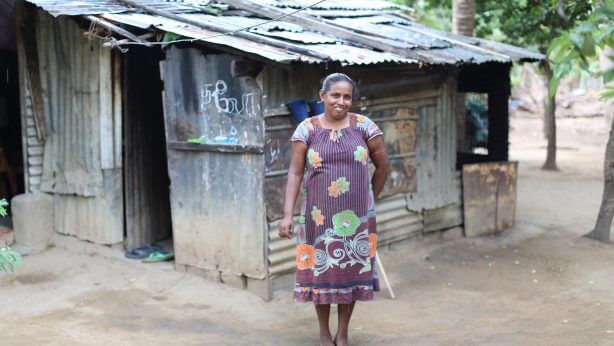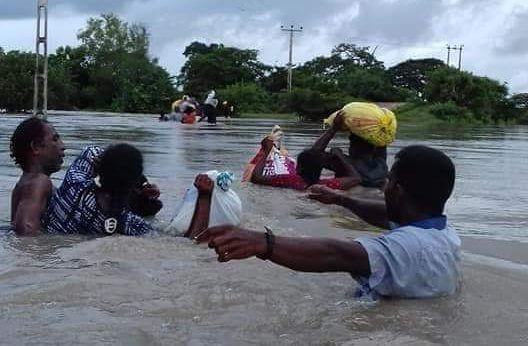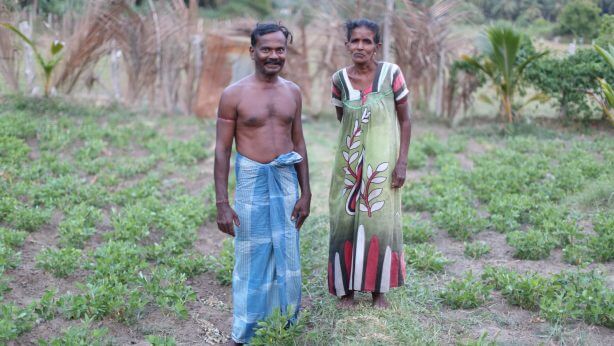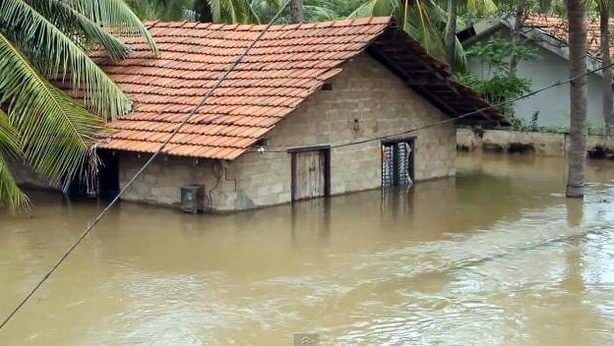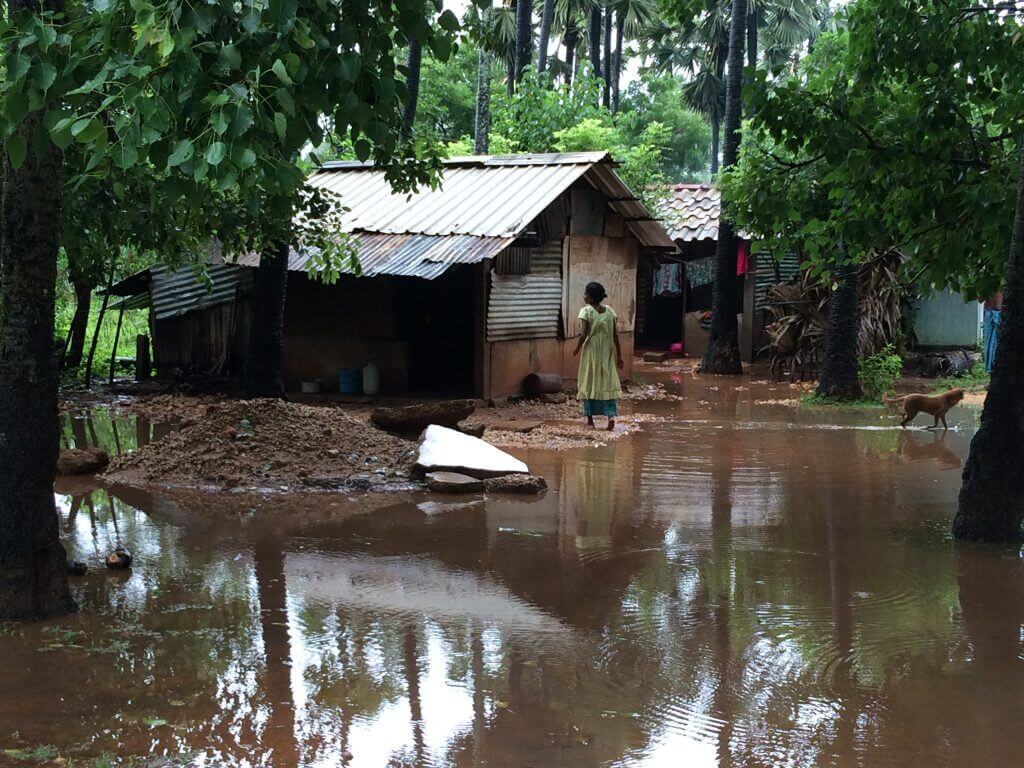Passing the Gift!
Passing the Gift!
Thank you to all our donors, we have met our fundraising goal!
WHY ARE WE INVESTED IN THIS PROJECT?
Strong women networks, especially in the village, is critical for the growth and success of livelihoods and relationships in the village.
Ranjini is a war widow and she is out-casted by many in her village. She has to go into town at different times of the day and night, for work and to attend to her children’s needs and many of the other women don’t understand what she is doing so they begin the talk amongst each other which makes Ranjini feel very alone. Ranjini doesn’t know who to turn to and longs for the day that she can be accepted in the village, where her husband once grew up.
This project not only addresses the critical needs of livelihoods, by supporting Ranjini to grow her dairy business, but even more importantly strengthens the relationships and social capital in the village by the approach the project takes – passing the gift.
48 women come together and learn about 12 critical cornerstones from technical aspects including improved animal management to Sharing, justice and full participation. Through this 12 month program, the women learn to understand each other’s challenges, better support each other and work together to strengthen their livelihoods.
THE BENEFITS
The project will directly impact 48 small scale farmers and indirectly benefit over 150 people
- Build social capital in the village by adopting a pass the gift methodology – dairy farmers who receive a subsidised cow much pass on the baby calf to one of the other farmers in the programme
- Farmers have an understanding and adopt new technologies and practices that will significantly improve milk production
- Reduce the cost of maintenance by self-producing inputs, increasing the profitability of the dairy farmers businesses
- Improved milk quality to meet more profitable market requirements
- Increase income for families to better meet their needs and pursue goals important to them
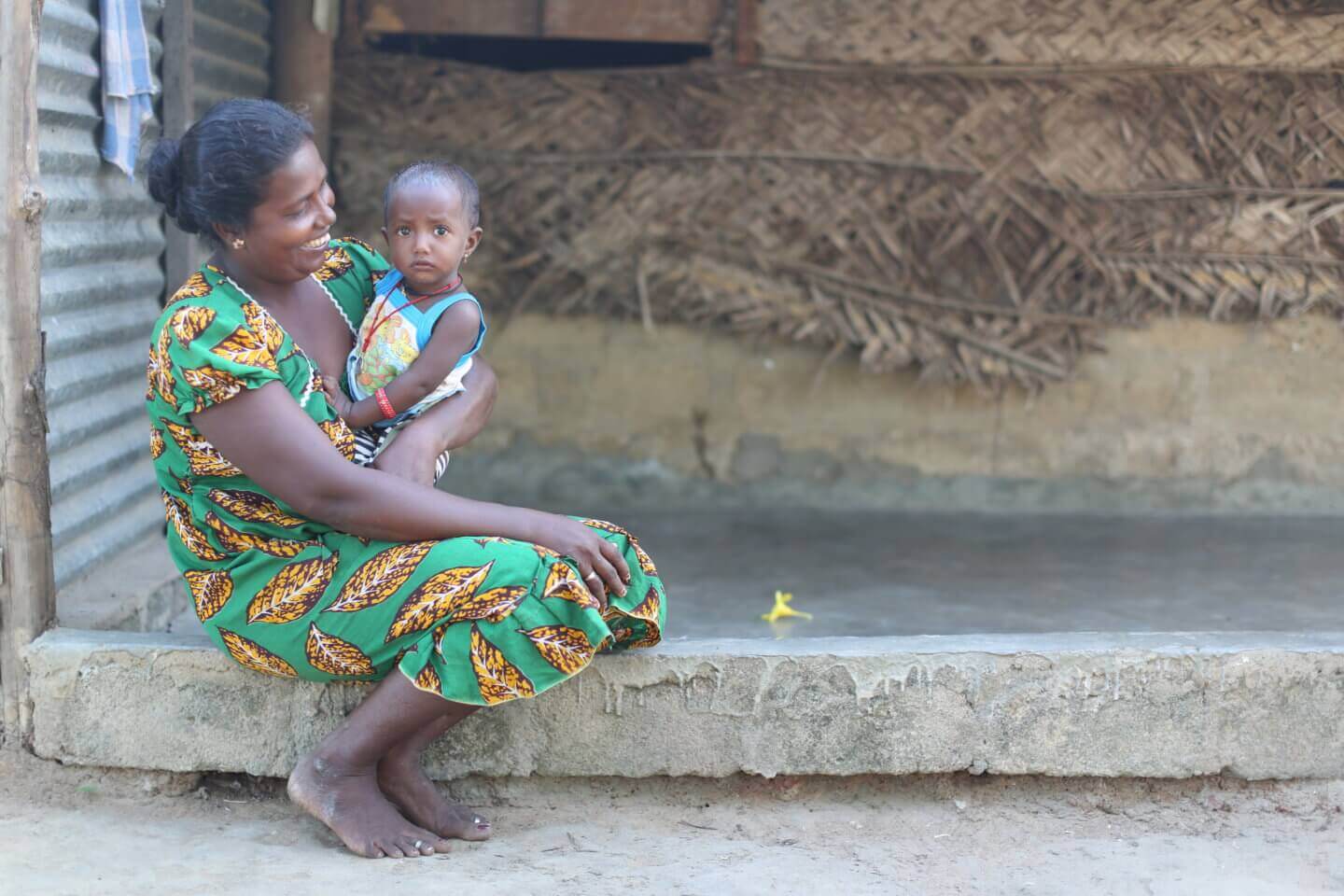
HOW WILL THE PROJECT WORK?
The project will identify 48 women who are already working as dairy farmers or have previous experience to learn how to grow their dairy businesses through the introduction of high yielding cows.
The project will provide in-depth training to 48 women in:
- Intensive cow management – a technique that enables high production despite the small lands of many of the women
- Looking after the health of the cows
- Improving the breed of the cows naturally through Artificial Insemination
- Ensuring highest quality of milk to enable the women to access higher prices, and among other things
- Learning how to self-produce inputs, such as fodder (feed for the cows) to reduce the cost of maintaining their dairy businesses
The program is special because the 48 women work closely together, supporting each other and sharing their learnings and their challenges. 24 women are initially provided with a subsidised high breed cow and when the cow births a calf, they pass it on to the other 24 women in the program. In this way the women pass the gift they receive to ensure others in their village thrive!
HOW DO WE ENSURE THE PROJECT IS SUSTAINABLE AFTER WE LEAVE?
The program will support the training of the new techniques and provide intensive mentoring so that in time, farmers understand and have fully adopted these improved practices. Most importantly, facilitation of farmer to farmer training enables a strong culture of support to thrive in the village as farmers begin to understand that as producers they are much stronger in the market place as a collective. With improved skills, farmers will be able to stand on their own two feet without the continued support from our local team.
This program forms part of a 5 year village program in the village of Irruttumadu. For 5 years our local team will be based in the village supporting farmers to learn new techniques and supporting them as they adopt the practices. After 5 years our team exists from the village and the farmers and the village will continue to thrive!

